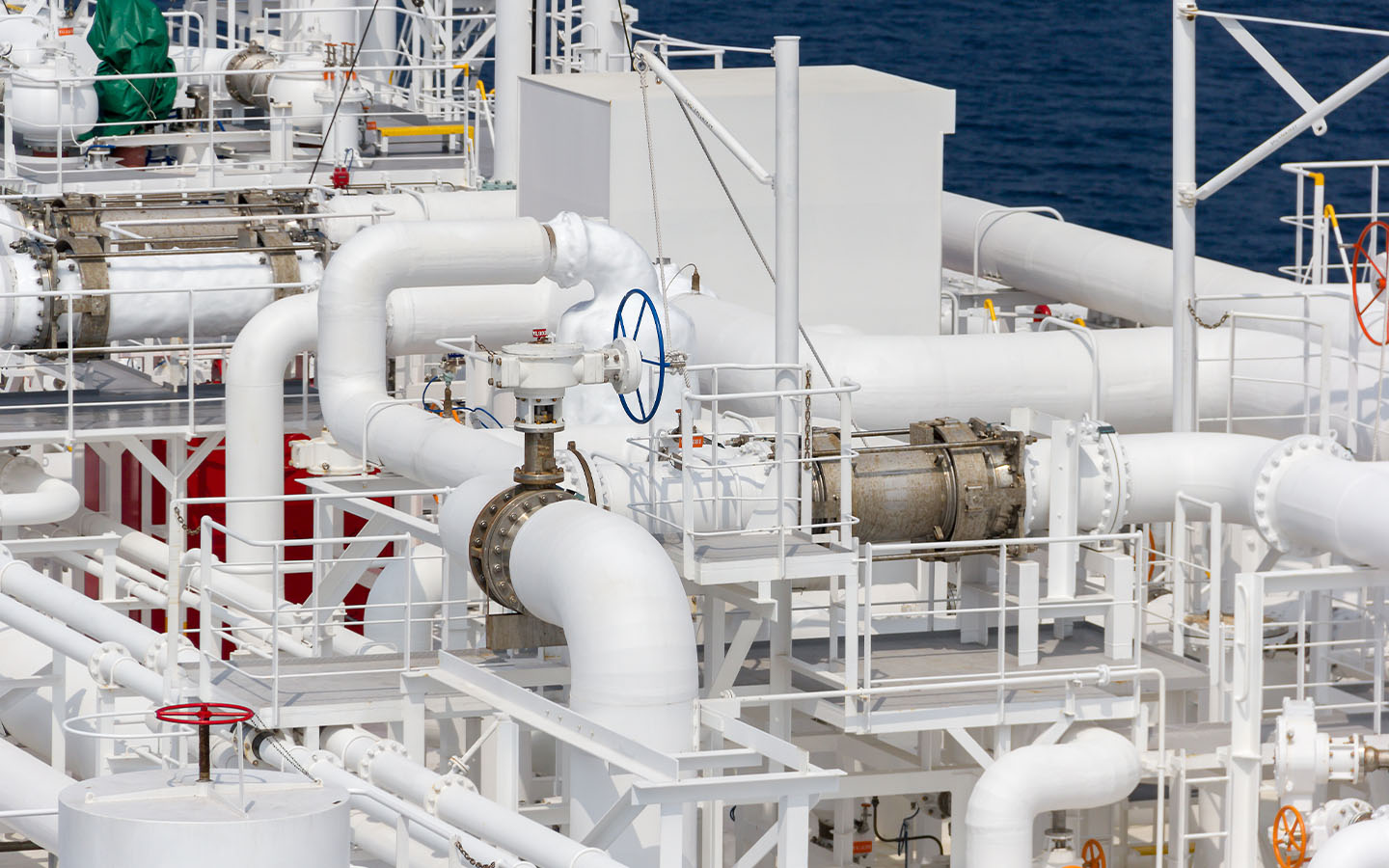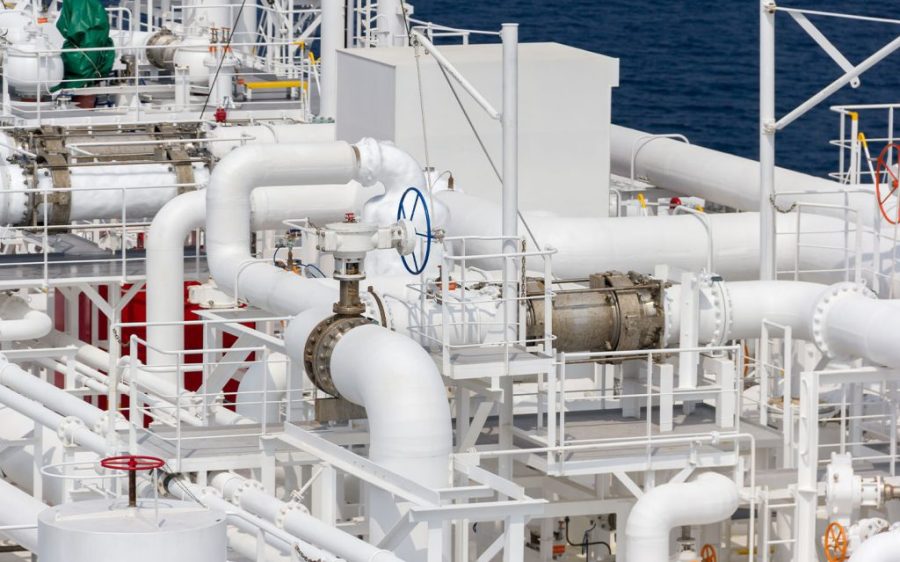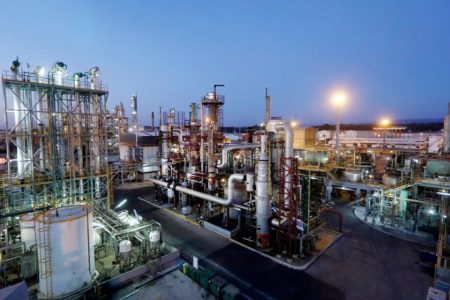The Mozambican government approved investment in a US$7.2-billion Coral Norte Liquified Natural Gas (LNG) project on Tuesday, with the new platform expected to launch in 2028, reports news outlet Club of Mozambique.
The approval marks the second phase of development of Italian oil company Eni’s activities in the Rovuma Basin, where it currently operates the Coral Sul floating liquified natural gas platform (FLNG).
The Coral Norte FLNG will be identical and is expected to generate 3.5 million metric tons annually for 30 years. Previous reporting indicated that plans for Coral Norte dated back to at least October 2023, when Eni told the Portuguese news agency Lusa it was in discussions with the Mozambican government about launching a second FLNG in the Area 4 concession.
Coral Sul launched in June 2022 and sent out its first shipments of LNG five months later. Today, Coral Sul produces 22,000 barrels of oil equivalents each day, shipping to countries around the globe.
Consultancy firm Deloitte estimated that Mozambique’s vast LNG reserves represent potential revenues of US$100 billion, highlighting the country’s international importance in energy transition. The positioning of natural gas as a bridge fuel to clean energy sources centres on its carbon footprint compared to the dirtiest of fossil fuels, coal.
[See more: US loans US$4.7 billion to Mozambique LNG project described as a ‘carbon bomb’]
Experts push back on this characterisation, noting that while natural gas burns cleaner than coal, the process of extracting, liquifying, shipping and regasification more than cancels out the difference between the two fuels.
Leaks at each stage of the process allow methane, a greenhouse gas over 80 times more potent than carbon dioxide, to escape into the atmosphere. The Environmental Defense Fund notes that, although CO2 has a longer-lasting effect on the climate – methane only outpaces it in the first 20 years of entering the atmosphere – methane “sets the pace for warming in the near term.”
Environmental scientists also emphasise the need to transition directly to clean energy sources, a difficult ask for poor countries like Mozambique, which rely on exploitation of natural resources like oil and gas to survive in the short term, even as climate change seriously threatens their long-term viability.
As a company, Eni positions itself as committed to reducing methane emissions in its operations, producing a report in 2023 that claimed direct methane emissions had been more than halved since 2018, as well as a 95-percent reduction in leaks and a 86-percent reduction in methane intensity across upstream operations since 2014.
The company says it wants to achieve near-zero methane emissions by 2030, a goal that still allows for small but significant emissions of this potent greenhouse gas.






